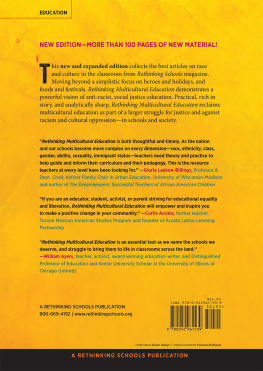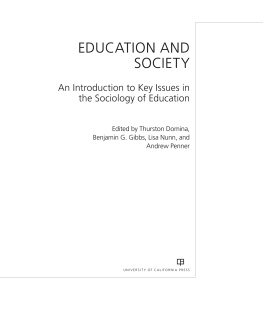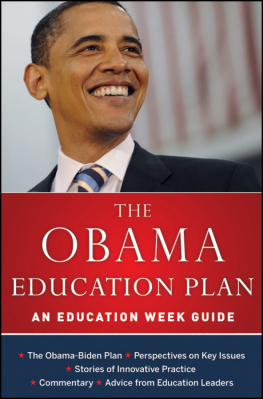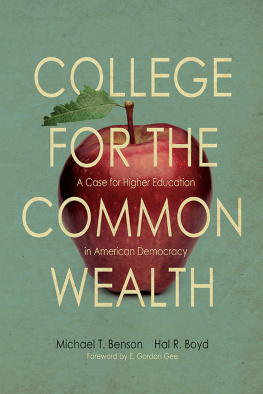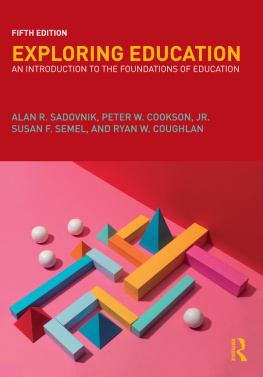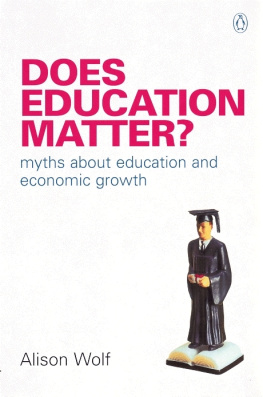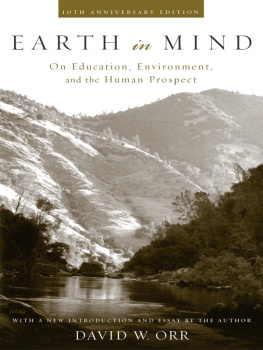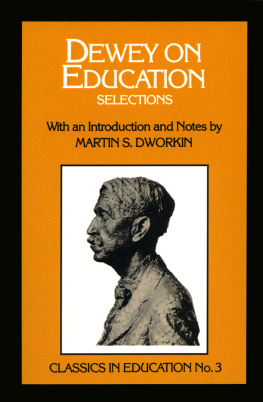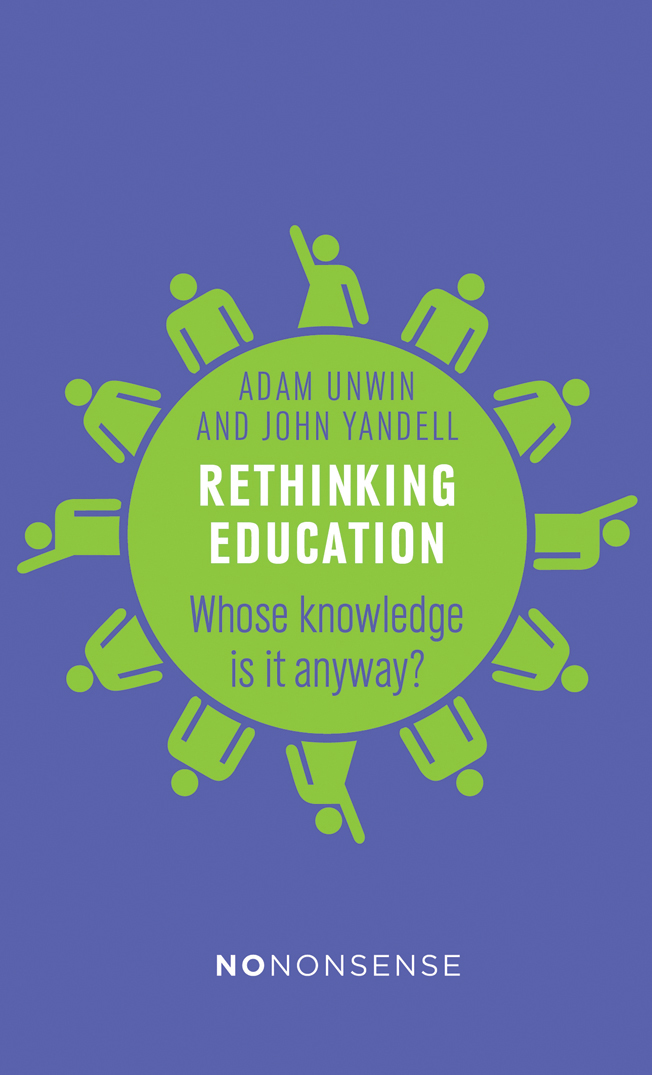
About the authors
Adam Unwin is a Senior Lecturer in Education at the Institute of Education, University College London. His main work has been in London as a teacher and teacher educator. He is currently program leader for the Master of Teaching (MTeach), a course specifically for practising teachers. Research interests include new teacher learning, the role of technology in education, work-related learning and global development education. Adam has worked on various education projects in the UK and overseas. His postgraduate work includes an MSc in Development Studies and a Doctorate in Education. He has been an active trade unionist throughout his career.
John Yandell taught in London secondary schools for 20 years before moving to the Institute of Education, University College London, where he has worked since 2003. He is the editor of the journal Changing English, and the author of The Social Construction of Meaning: reading literature in urban English classrooms (Routledge, 2013). Other recent publications include Critical Practice in Teacher Education: a study of professional learning, which he co-edited with Ruth Heilbronn. He edited Socialist Teacher for 12 years and contributes regularly to Education for Liberation. Like Adam, he has been an active trade unionist throughout his working life.
Acknowledgements
We would like to thank British Museum staff and Anton Franks for sharing their ideas and collaborating with Adam on the cultures in contact project that features in this book. Our appreciation to Sophie Herxheimer for her ongoing creative ideas and suggestions. Thanks to Ken Jones, David Lambert, Adrian Mee and Claire Armitstead for their very helpful comments on drafts. Thanks, too, to Chris Brazier for his editorial skill and for his patience. The errors that remain are our own.
About the New Internationalist
New Internationalist is an award-winning, independent media co-operative. Our aim is to inform, inspire and empower people to build a fairer, more sustainable planet.
We publish a magazine on global-justice issues and a range of books, both distributed worldwide. We have a vibrant online presence and run ethical online shops for our customers and other organizations.
Independent media: were free to tell it like it is our only obligation is to our readers and the subjects we cover.
Fresh perspectives: our in-depth reporting and analysis provide keen insights, alternative perspectives and positive solutions for todays critical global justice issues.
Global grassroots voices: we actively seek out and work with grassroots writers, bloggers and activists across the globe, enabling unreported (and under-reported) stories to be heard.


Rethinking Education
Whose knowledge is it anyway?
Published in 2016 by
New Internationalist Publications Ltd
The Old Music Hall
106-108 Cowley Road
Oxford OX4 1JE, UK
newint.org
Adam Unwin and John Yandell
The right of Adam Unwin and John Yandell to be identified as the authors of this work has been asserted in accordance with the Copyright, Designs and Patents Act 1998.
All rights reserved. No part of this book may be reproduced, stored in a retrieval system or transmitted, in any form or by any means, electronic, electrostatic, magnetic tape, mechanical, photocopying, recording or otherwise, without prior permission in writing of the Publisher.
Cover design: Juha Sorsa
Design concept: Andrew Smith, asmithcompany.co.uk
Series editor: Chris Brazier
Series design by Juha Sorsa
Printed and bound in Great Britain by Bell & Bain Ltd, Glasgow who hold environmental accreditation ISO 14001.

British Library Cataloguing-in-Publication Data.
A catalogue record for this book is available from the British Library.
Library of Congress Cataloging-in-Publication Data.
A catalog for this book is available from the Library of Congress.
(ISBN ebook 978-1-78026-310-6)
Table of Contents
Guide
Contents
by Anthony Par
Schools and schooling have become so commonplace in the Global North that we rarely question the fundamental assumptions supporting contemporary education. Of course, we seem eager for change: waves of educational reform seek to improve our schools, make our children smarter, boost the economy, and create a just, enlightened society. But never are the founding conventions of modern schooling challenged in the public debates about education, and never do the schools change significantly. Instead, our constant anxiety about education is eased by promises of higher standards, more stringent testing, greater accountability, and increased rigor that is, by promises to augment rather than truly reform the basic practices of education. This book sets out to make education strange to us by exposing the historical and contemporary forces that have invisibly shaped our notions of normal schooling. In so doing, it offers hope for a truly profound re-imagination of education.
As authors Unwin and Yandell demonstrate, the commonplace realities of education are easily rendered absurd by stepping back from the ordinary to take a critical perspective. Consider, for example, the material conditions of too many schools: drab, factory-like buildings set apart from their surrounding communities, with which they have little or no interaction; bland individual classrooms with their rows of desks and scant resources; the regulated routines of daily life (the bells, timed lessons, and work schedules); the physical segregation by age, ability, subject area, and activity.
Consider, too, what transpires within those structures: the assembly-line model of transmission education in which the subject of history, for example, is reduced to particles of information eras, kings, wars and delivered to children in ever larger but always disembodied chunks as they move through the system and the ever-increasing assessment regimes that mirror industrial quality control. These are not environments for unfettered exploration, serendipity, trial-and-error, social interaction, innovation, false starts, or passion, all of which distinguish the richest moments of teaching and learning.
Another absurdity is exposed when in-school instruction is compared to out-of-school instruction. Studies of situated and informal learning some referenced by Unwin and Yandell contrast just-incase teaching and learning with just-in-time teaching and learning. The former is preparation for some imagined or anticipated future, and defines much formal schooling. The curricula and pedagogy for just-in-case teaching and learning assume that students will need a particular skill or knowledge set when they are examined, or when they move on to the next grade level, to secondary school, university, or the workplace. Here knowledge is seen as an accumulation of information that lies in wait for the appropriate moment of application.
In contrast, just-in-time teaching and learning occur in the context of and simultaneous with activities that immediately require the knowledge and skills being introduced. Such teaching and learning is typical in the workplace or other out-of-school settings, where they are linked to activities that are complex, collaborative and authentic, and that require not the isolated performance of individuals but, instead, the co-ordinated efforts of pairs or groups. In such circumstances, evaluation is also immediate, as the outcomes or effects of teaching and learning are instantly apparent. As Unwin and Yandell make clear, such spontaneity, co-operation, and excitement can also be created in schools, but only if we do some serious rethinking and revise some of the basic principles on which schooling is built.


